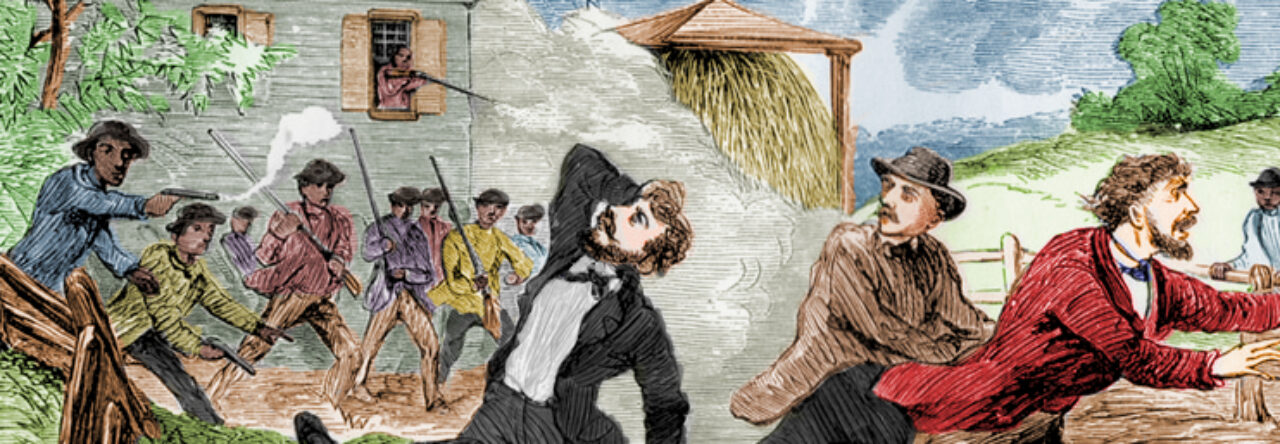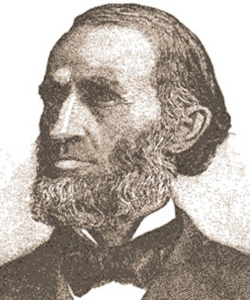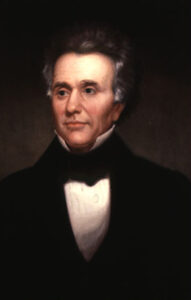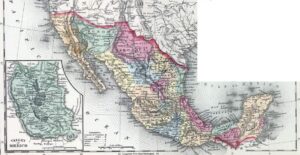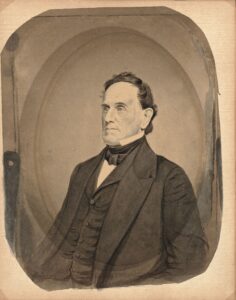Relentlessly pursued by slaveholders, William Grimes pays for his own freedom by writing one of the first slave narratives in US history
Date(s): escaped 1814, self-purchase 1824
Location(s): King George Country, Virginia; Culpepper Virginia; Maryland; Savannah, Georgia; New York; New England; New Haven, Connecticut
Outcome: Freedom
Summary:
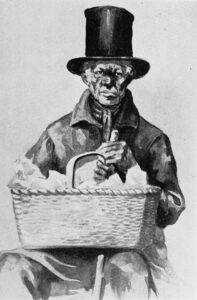
William Grimes (New Georgia Encyclopedia)
William Grimes was born to a rich slaveholder named Benjamin Grymes and an enslaved woman (left unnamed in his autobiography) on a Virginia plantation. Slaveholders sold and resold Grimes at least ten different times until he ended up in Savannah, Georgia. There, Grimes seized the opportunity to escape when his latest slaveholder, planning a vacation with his family, allowed Grimes to find work on his own during their absence. Instead, Grimes befriended sailors who helped him escape by boat to New York. Once in the North, Grimes found work as a barber, but enjoyed little peace of mind as slaveholders constantly dogged him. The freedom seeker encountered one former slaveholder in New York and promptly moved to Connecticut, only to come face to face with another former enslaver there. Fearing reenslavement, Grimes purchased his own freedom for $500 in 1824. The move plunged Grimes into bankruptcy and pushed him to publish his own story to make ends meet. Some scholars consider the result, Life of William Grimes, The Runaway Slave (1825), to be the first slave narrative published in the United States.
